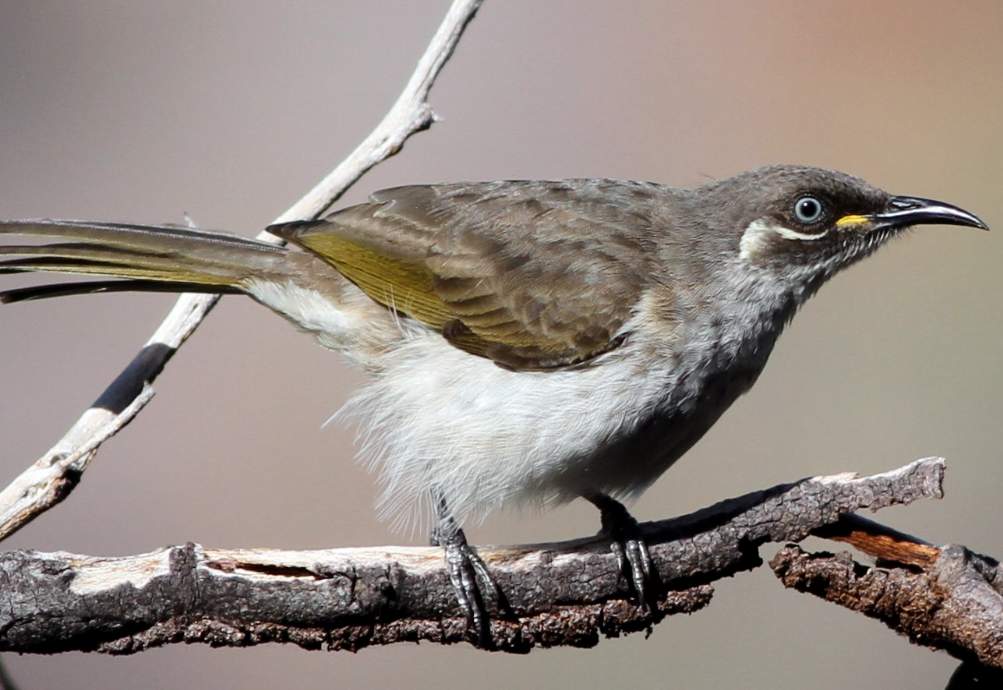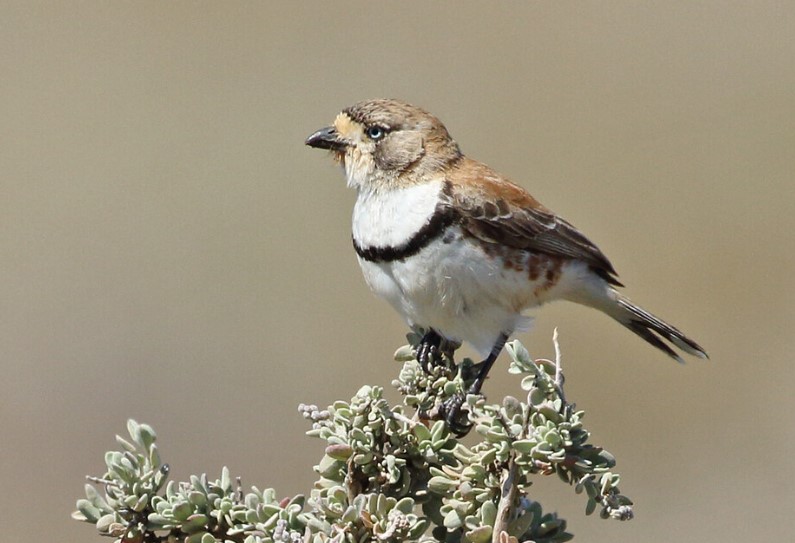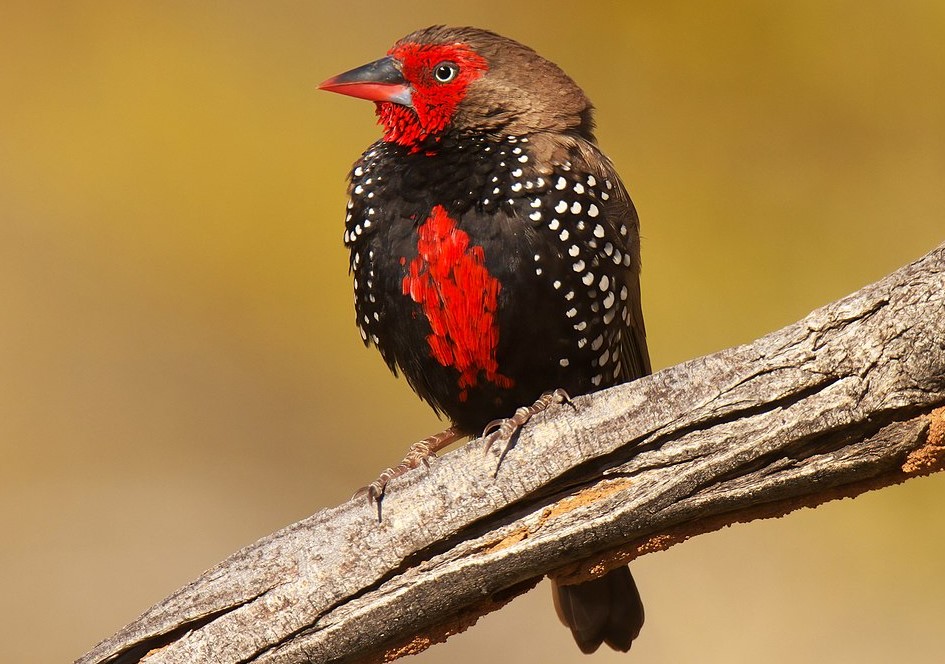The Nicobar pigeon is the closest living relative to the extinct Dodo bird, with stunning, colorful, iridescent feathers. It’s stunning, even though they’re relatives; it looks nothing like the Dodo. Nicobar’s luminous colors are the only difference; it has reddish legs, a long tail, and is well covered in blue, copper, and green feathers. Like all pigeons, the Nicobar pigeon has a swift flying pattern with regular beats and the occasional rapid flick of the wings.
The Nicobar Pigeon is located in the coastal regions of the Nicobar Islands. The bird’s vibrant, colorful characteristics aren’t many natural predators that the pigeons would need to conceal themselves from. The Nicobar Pigeon is considered “near threatened” in the IUCN list. The dodo bird has been long extinct, but the Nicobar pigeon is the closest living connection to the famous flightless bird. The largest Nicobar pigeon colony in recent times was discovered on Batti Malv, a secluded nature refuge situated between Car Nicobar and Teressa on the Nicobar Islands (referred to by its common and scientific names).
The breathtaking, colorful Nicobar pigeon resides in Southeast Asia and the Pacific, from the Indian Nicobar Islands eastward to places like Thailand and Papua New Guinea. The precise population is not confirmed; however, its numbers are declining due to deforestation and the release of non-native predators. The Nicobar species nests in dense forests on offshore islets, habitually in large colonies. It builds a loose stick nest in a tree. It lays one elliptical, faintly blue-tinged white egg.
This species roams in flocks from island to island. It habitually sleeps on offshore islets where no predators take place and spends the day in areas with healthier food availability. However, I am not shying away from areas inhabited by humans. Nicobar food consists of seeds, fruit, and buds. And it is attracted to areas where grain is available. Nicobar is a large pigeon, measuring 40 cm in length. The pigeon is a very vocal species, giving a low-pitched, repetitive call. Males are a little larger than females, with a smaller bill knob, shorter hackles, and browner underparts.
Also Read: The Fabulous Indian Black-lored Tit














